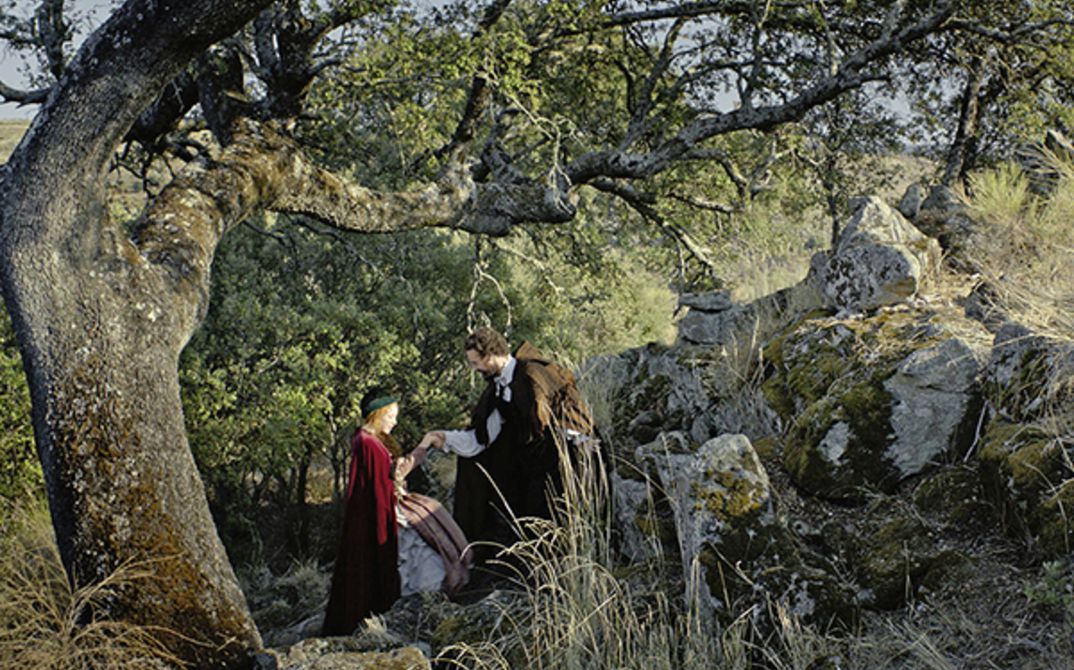136 min. Portuguese, German.
His home is war. Her home is Portugal. Yet the young, newly married wife of Lord von Ketten is determined to make her husband’s family abode, an inhospitable castle on a cliff in northern Italy, into her home. When he sets off to battle with his men and tries to send her back to her parents, she decides to stay. Over the eleven long years he stays away, she insists to her relatives on their rare visits that this is where she belongs, even as they see the house as her mausoleum and lament her loneliness. And she does indeed carve out a life for herself here. She reads, sings, plays music, dances, swims and rides in the forest. She also rears a young wolf to which she is closer than to her two sons – or at least that’s what’s suggested by this adaptation of Robert Musil’s novella “The Portuguese Woman”, which is set in the Middle Ages and features magnificent costumes and opulent images captured by the elegant, gliding camerawork. The animals are positioned in conspicuous fashion, as if they stem from somewhere else, just like the figure of Ingrid Caven in a shoulder-less evening gown cooing songs or reciting Walther von der Vogelweide in the courtyard. Tandaradei! (Birgit Kohler)
Rita Azevedo Gomes was born in Lisbon, Portugal in 1952. She started studying fine arts in Lisbon before switching over to film and theatre. In 1990, she directed her first feature-length film, O Som da Terra a Tremer. Besides working as a filmmaker, Rita Azevedo Gomes also works as exhibition curator at the Cinemateca Portuguesa in Lisbon.
